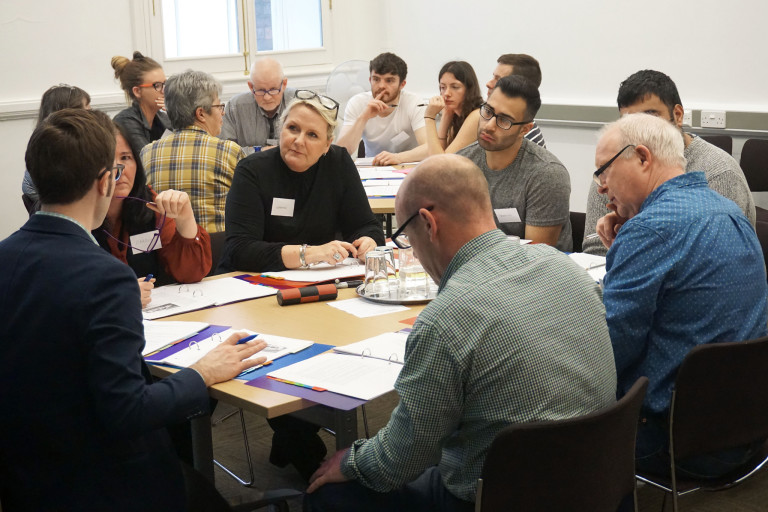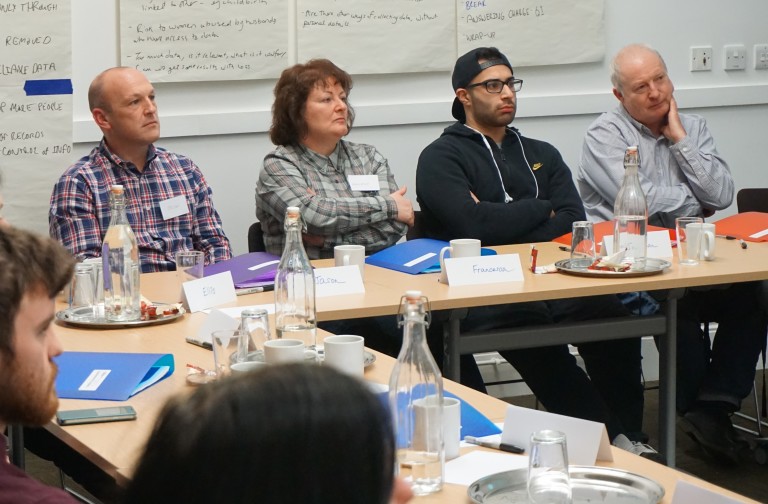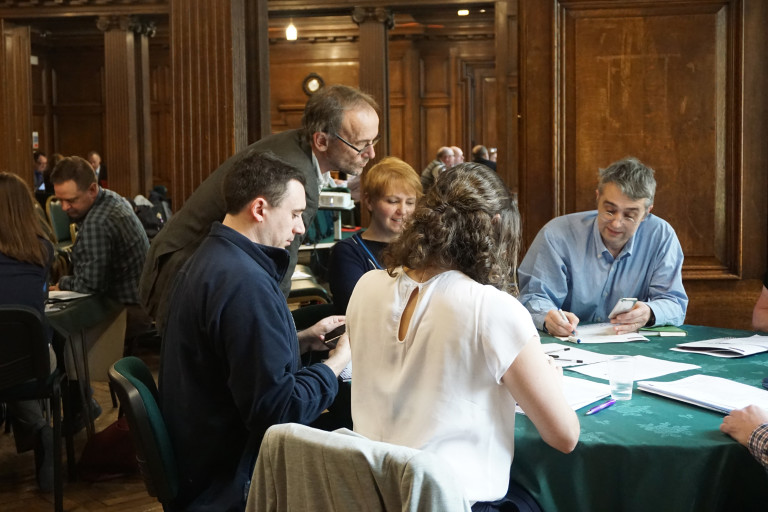Jury of citizens ponder tricky question about health records
To what extent should patients control access to patient records?
It’s a difficult question that is at the heart of the public controversy which arose in 2014 around care data and the “selling” of hospital records to private companies. Researchers, epidemiologists, managers and many others rely on getting access to detailed information in patient records to improve the effectiveness and safety of future health services. But many people feel uneasy about others delving into their patient record, even if it is for a good cause. One survey suggested that almost 50% of people want to be asked first before anonymised information is derived from their health record. But is that right? Should individuals be allowed to control access to their health record even where it interferes with the wider public good?



